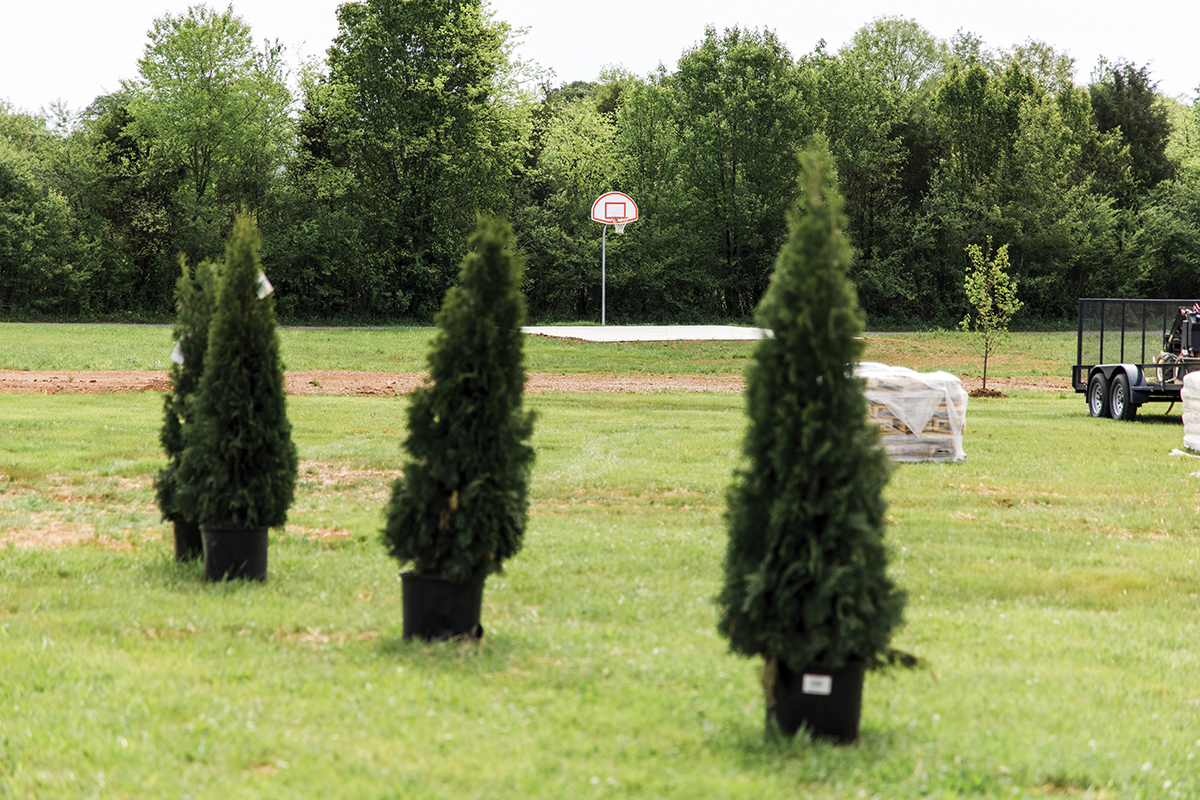
In the movie “Nomadland,” which recently won the Academy Award for Best Picture of 2020, an unnamed woman describes why she enjoys traveling the country in an RV.
“I love this lifestyle,” she declares. “It is a lifestyle of freedom, and beauty, and connection to the Earth.”

She apparently is far from alone in this feeling. Fueled in part by COVID-generated fears of flying and of hotels, interest in RVs has soared over the past year. According to the RV Industry Association (RVIA), more than 423,000 units were sold in 2020, a 5% increase from 2019 despite sales basically being shut down for two months at the start of the pandemic.
This trend has accelerated in 2021, as sales increased by 30% during the opening months of the year compared to 2020. The RVIA estimates that sales will top 500,000 units this year for the first time.
“It was already a growing industry (before 2020), and now it’s really poised for even more growth,” says Thomas Sparrow, who chairs the Alabama affiliate of the National Association of RV Parks and Campgrounds and owns the Auburn RV Park. “People are reconnecting to themselves, their families and the outdoors through this industry.”

And since all these new RVs need a place to stay while on the road, interest in RV parks has increased, as well. Nathan and Alicia Lawson, of Toledo, Ohio, are prime examples. After spending the past dozen years buying homes and then renting them, the Lawsons decided to diversify their portfolio by purchasing an RV park.
They were looking for a location near an interstate somewhere in the warmer weather of the Southeast. After months of research, they bought an existing park off I-20 in Lincoln, renovated it with several new amenities — “It was basically a field with a bunch of grass before we started working on it,” Alicia Lawson says — and then opened it in April under the name Time Away RV Resort.
“If you own a rental house, whenever somebody moves out you have to go in and fix it back up,” Nathan Lawson says. “The difference with an RV park is everybody brings their own house, and when they leave they take their own mess with them. I don’t have to ever worry about putting in new sinks and countertops.”

For Jeff and Kelly Childers and Danya and Lisa Masters, the reason for owning an RV park was a bit more personal. The couples were spending so much time each year traveling back and forth in RVs from their homes in northern Alabama to the Gulf Coast that they finally decided to just open a park of their own.
So, they acquired some land in Foley and created from scratch Pirates Cove RV Resort, which opened in May of 2020 just as some of the initial COVID-related travel restrictions were being lifted. The first year was so successful that they already are increasing the size of the park.
“We’ve camped all our lives and been to all kinds of RV parks,” Jeff Childers says. “We knew what people would want in a park, because it’s the same things that we wanted.”
Much of the appeal of RV parks and RVing in general is the lifestyle. It is a more relaxed form of traveling, one that attracts outdoor enthusiasts, parents with children and retirees.

“There’s just a different feeling when you’re in a park with a bunch of other campers,” Nathan Lawson says. “Being in such close proximity to each other, you have a more neighborly community feeling. Everybody is relaxed and wants to get to know each other. You have actual conversations. It’s just a nice atmosphere.”
Or as Sparrow says, “An RV park is like a small town. If you knocked on your neighbor’s door at a hotel, they’d think you were crazy. But if you stay at an RV park even for a weekend, people expect you to knock on their door. You get to know your neighbors in a way that you don’t get at a hotel.”
There also is a practical side to RVing, from the ability to bring along pets (which are not allowed in many hotels) to the park amenities such as swimming pools and playgrounds that can help keep children entertained.
“You don’t have to worry about the size of the hotel room or whether they will have everything you need,” says Amanda Metz, marketing director for Pensacola-based Carr & Associates, which manages three RV parks in Alabama. “You just bring your home with you, and you have the space and freedom to do things that you normally wouldn’t in a hotel or condo.”
All of which has helped propel RV ownership to record levels. According to the RVIA, more than 11 million households currently own an RV, an increase of 62% over the past 20 years. While growth is expected to continue among retirees, as an average of approximately 10,000 Baby Boomers reach age 65 each day, RVIA says the 18-to-34 year-old demographic actually accounts for 22% of the ownership market.
This wide array of interest in RVs increases the viability of RV parks as a financial investment, though Sparrow warns that “it’s not a get-rich-quick scheme.” Startup costs can be significant — Childers says the permit fees alone for Pirates Cove were about $300,000 — and profit margins are narrow.

“It’s more of a long-term capital appreciator,” Sparrow says. “For me, it was a diversification of businesses. I’m also in the apartment complex and housing business, as well as software development. This just helped me with a balanced portfolio of business assets.”
Still, there definitely appears to be a tappable market for RV parks. Childers says while conducting research into opening Pirates Cove, he discovered that the Alabama Gulf Coast area has a deficit of approximately 2,000 RV spots compared to annual demand.
“Typically, if a park is well run and you’re in a good location, it can provide a solid return on investment,” says Rob Bell of Carr & Associates. “You can definitely get a lot of bang for your buck in Alabama, because the natural resources available in the state provide all kinds of different trips and vacations you can do in an RV.”

But for Sparrow and many people in the industry, the objectives from owning and operating an RV park are more about the lifestyle than the bottom line.
“You’re helping people have good, family-time together,” Sparrow says. “My park doesn’t necessarily make a lot of money, but it sure makes a lot of good memories.”
This story appears in the June 2021 issue of Business Alabama magazine.



